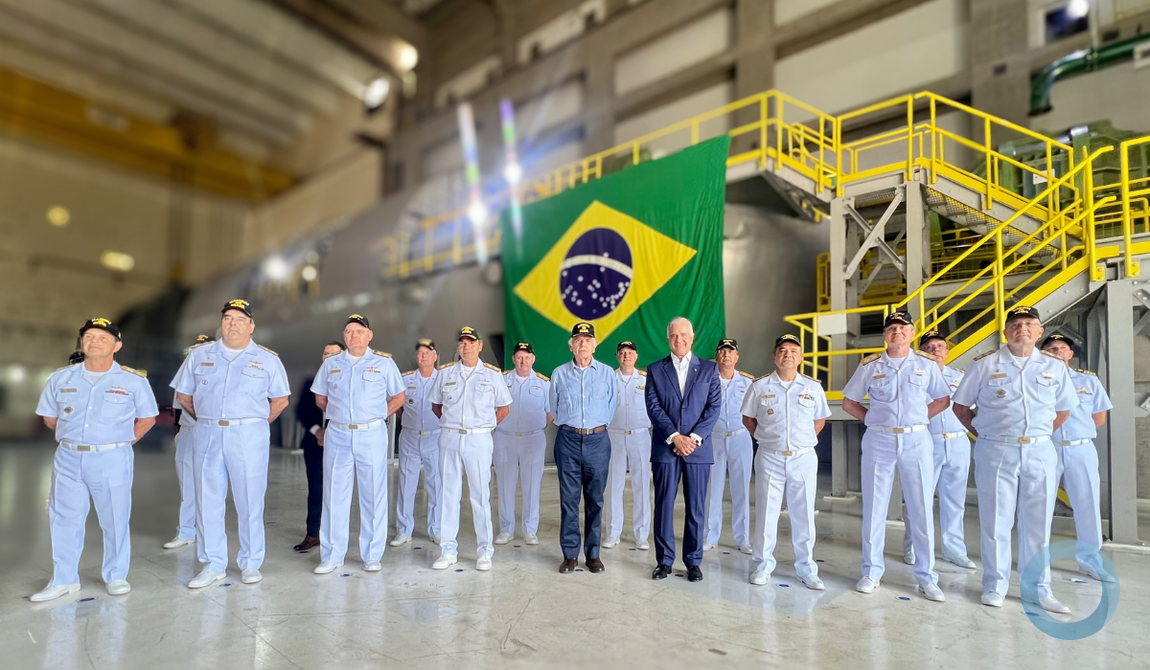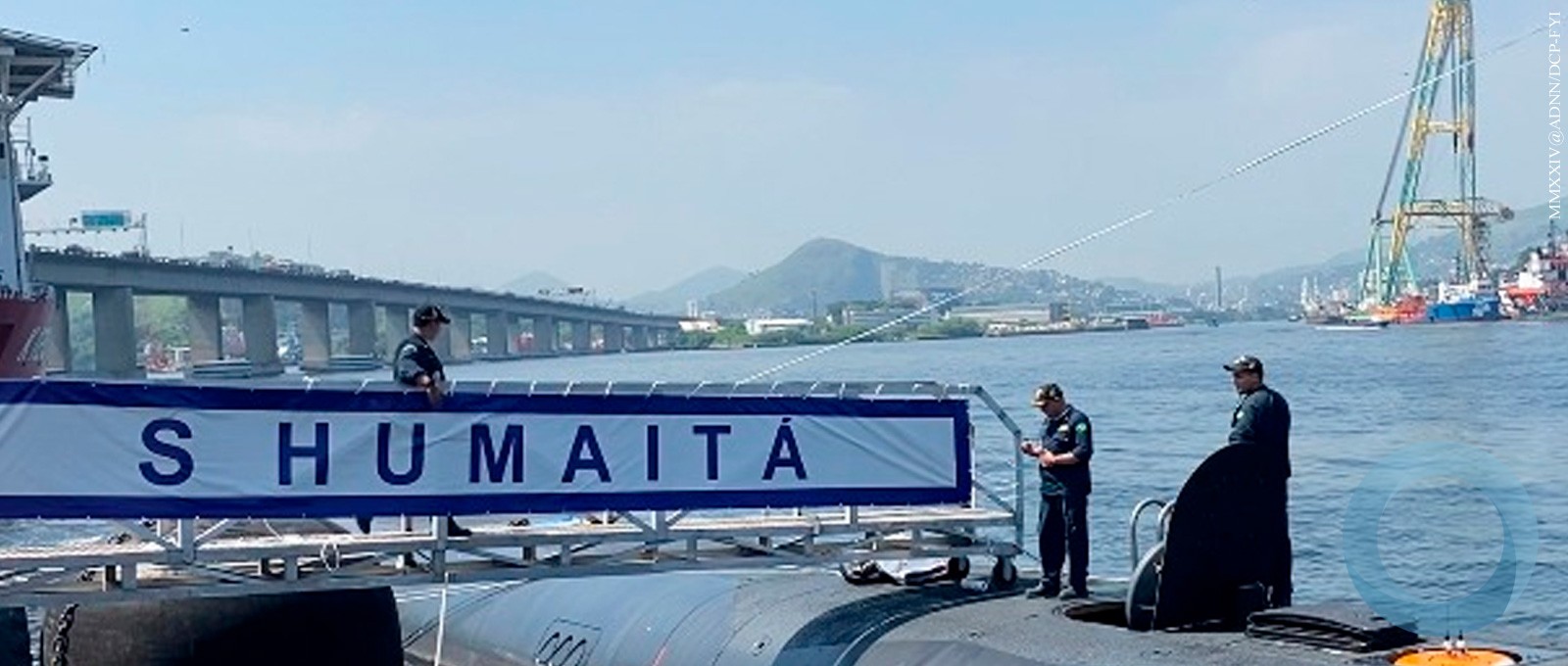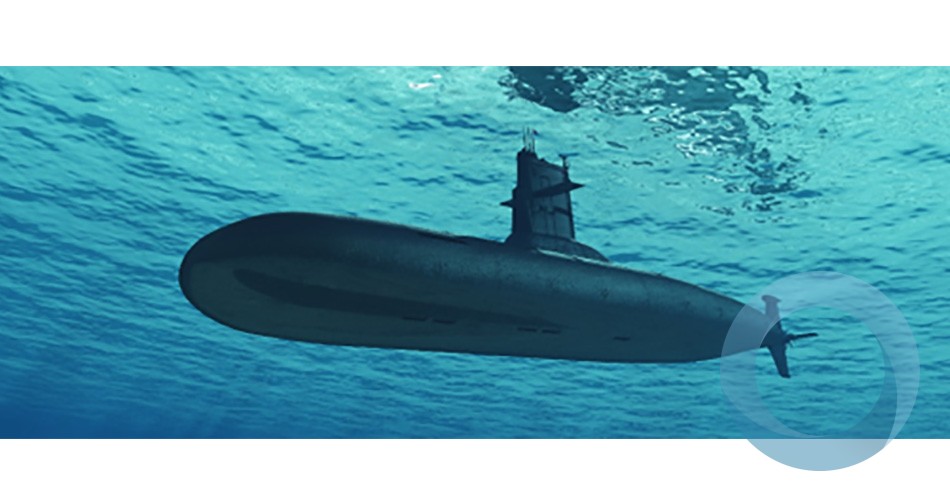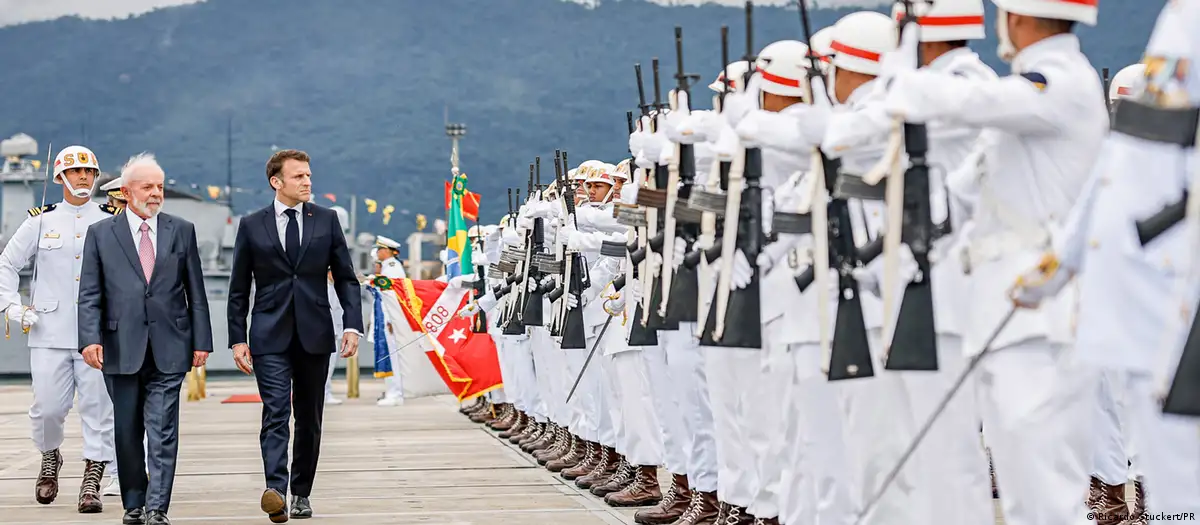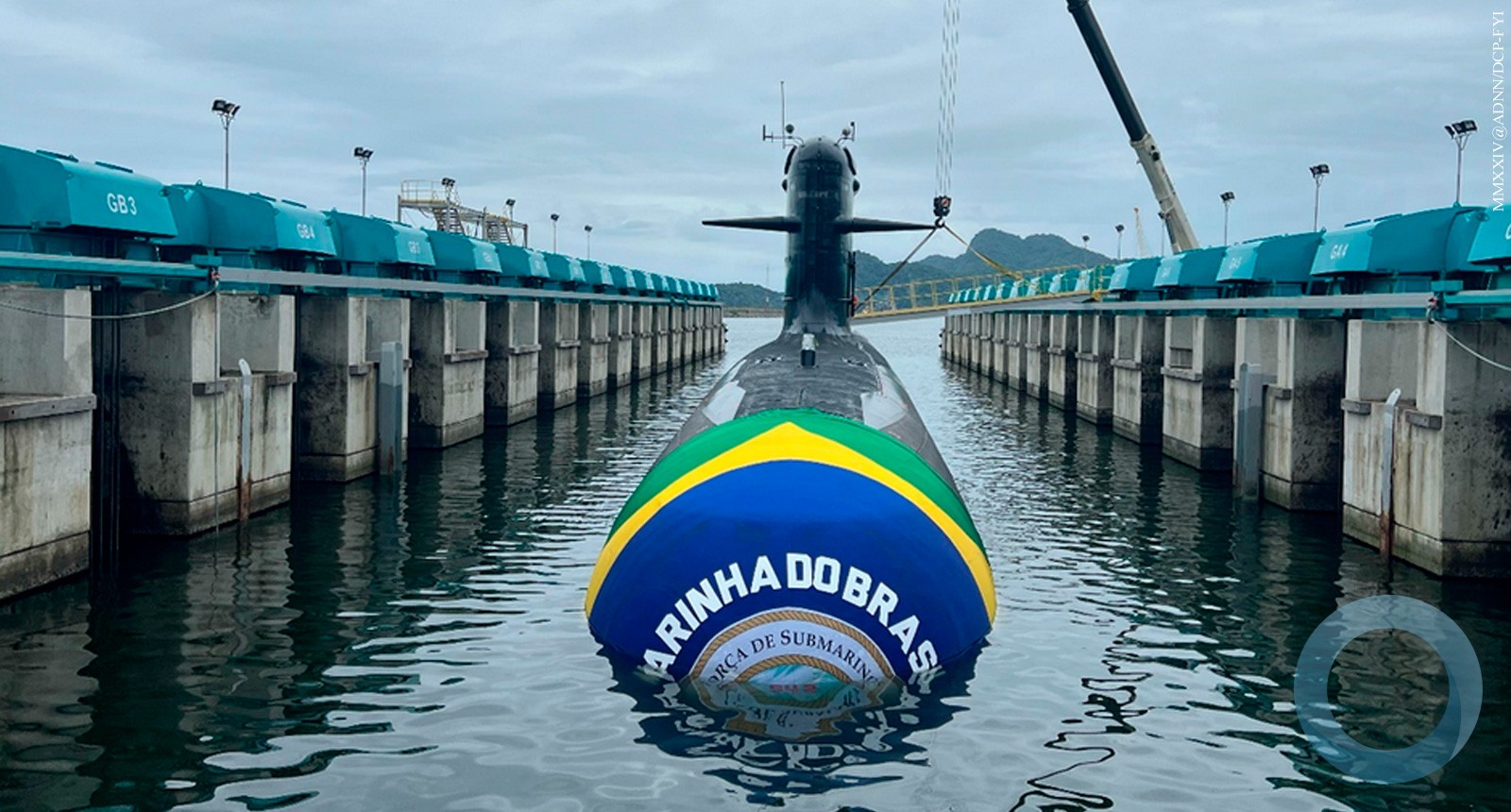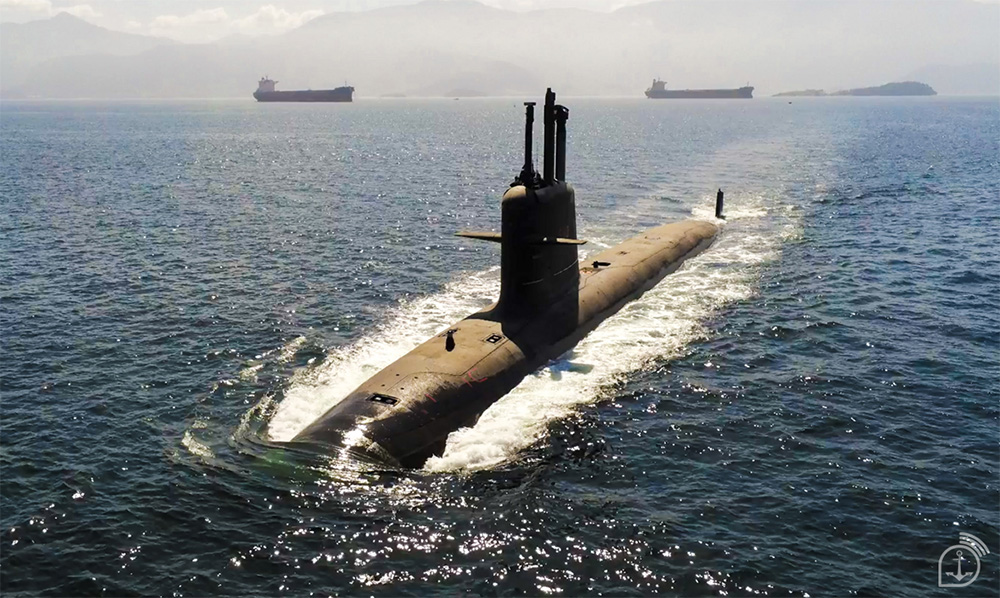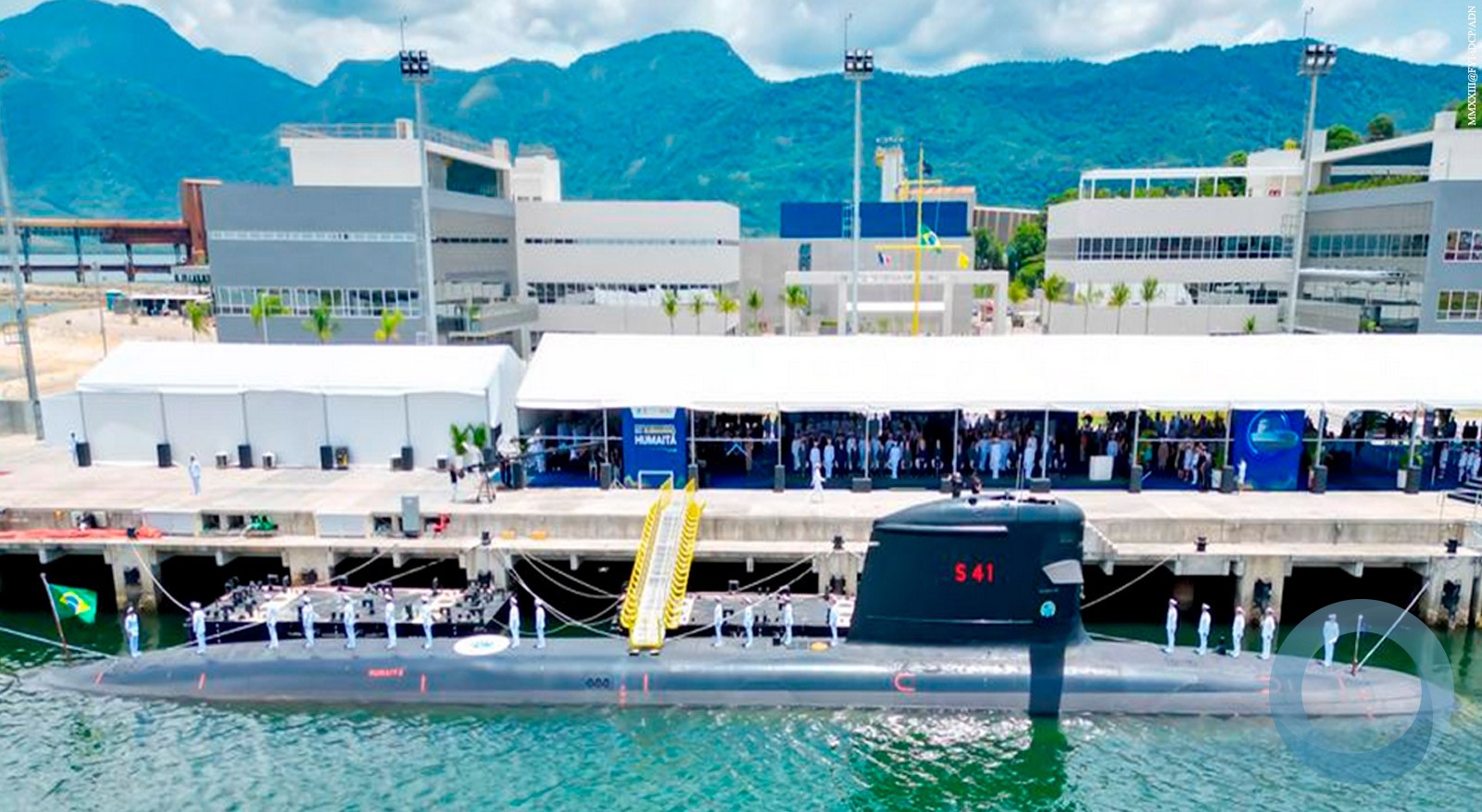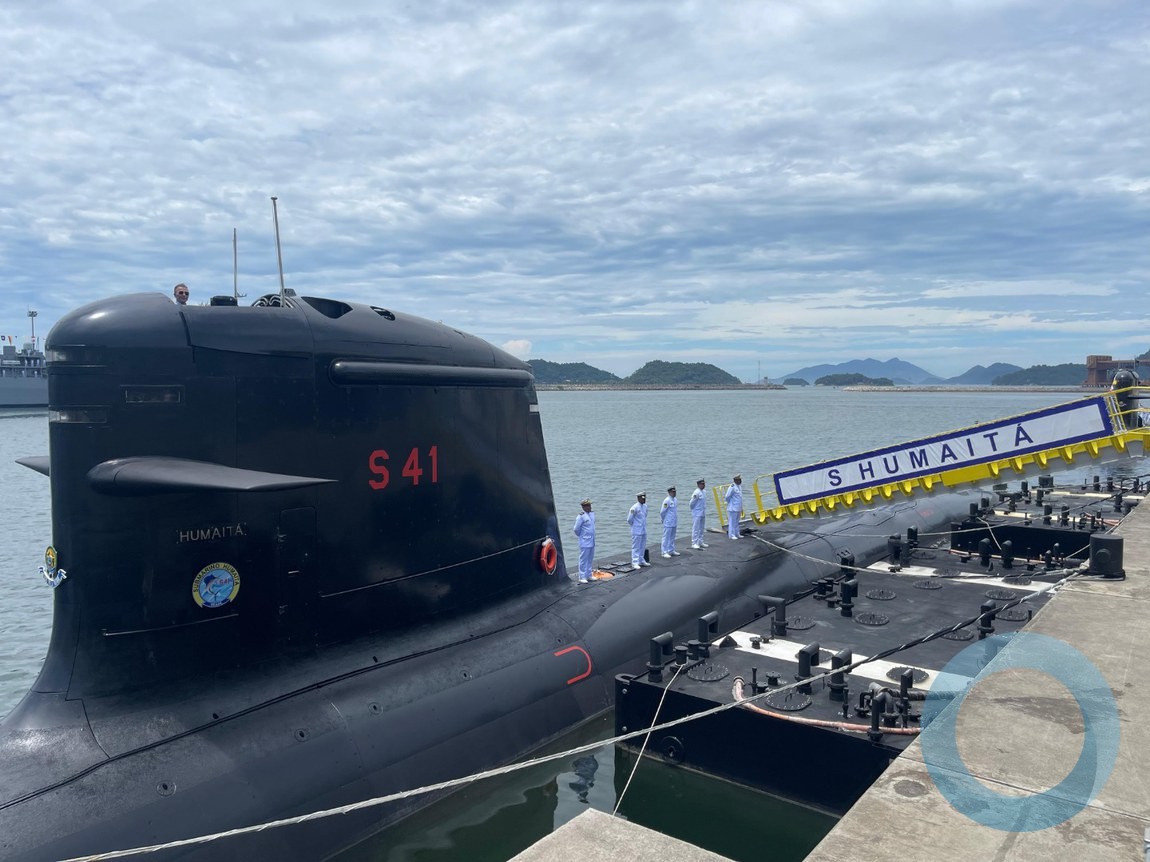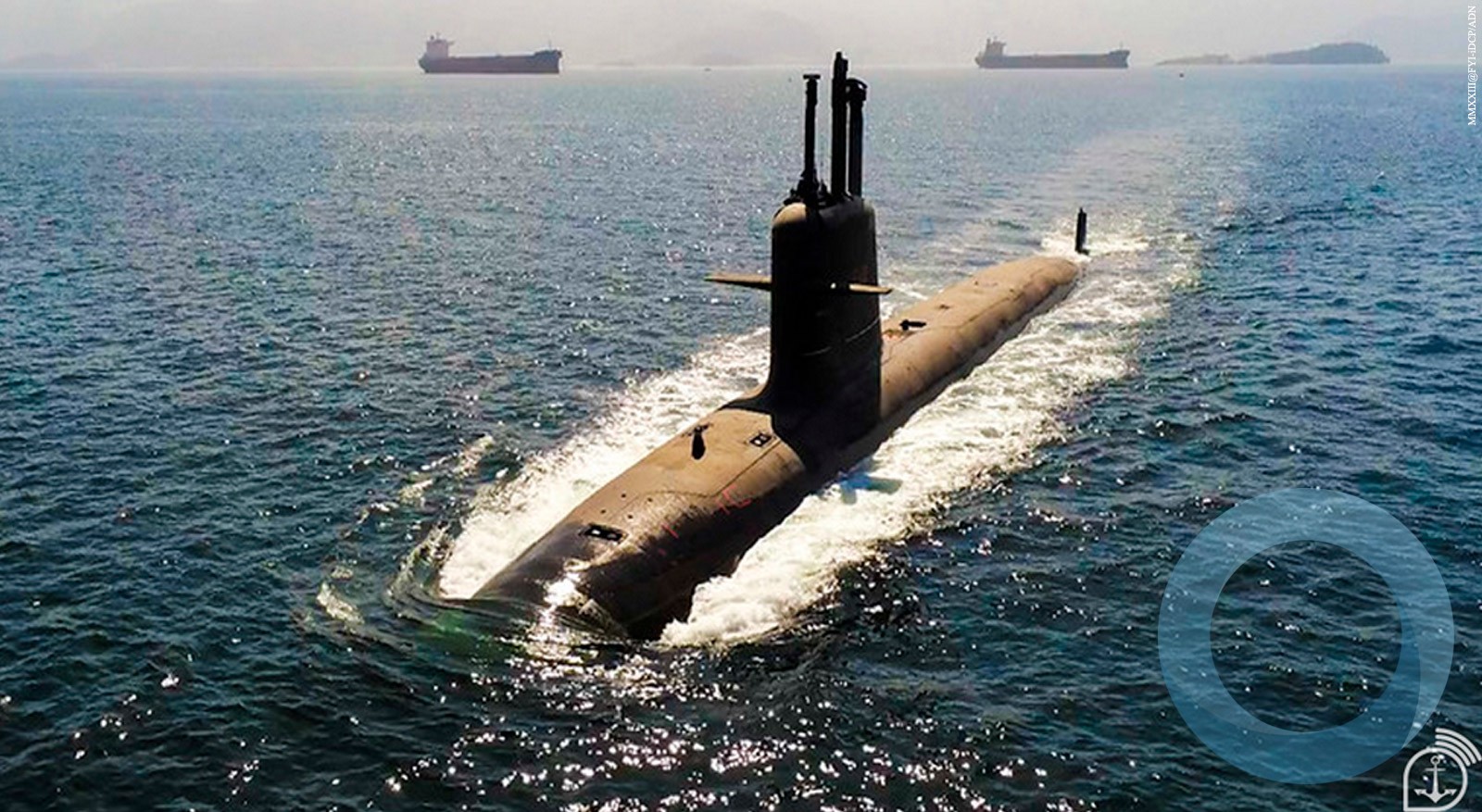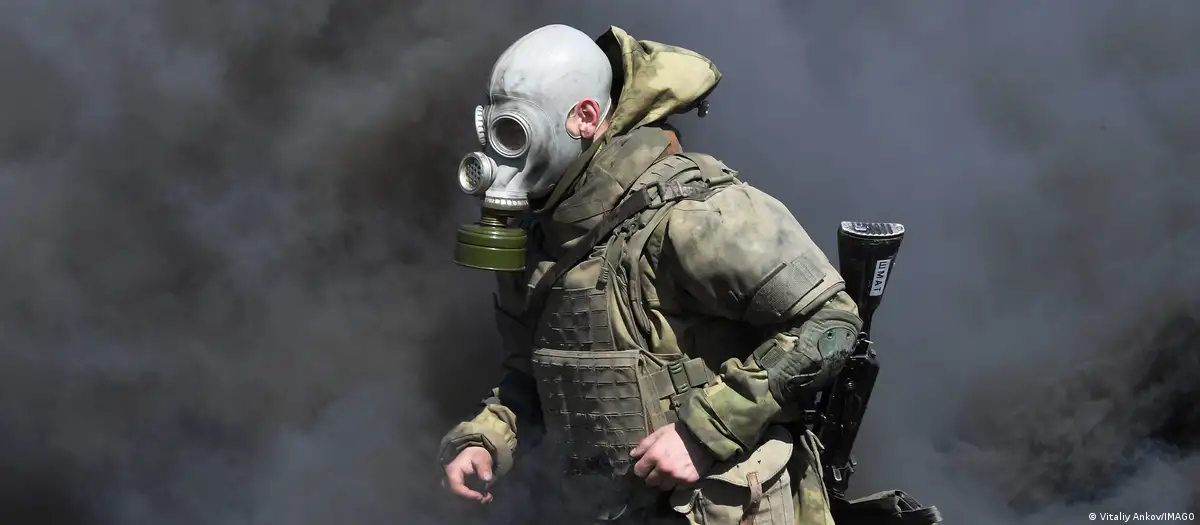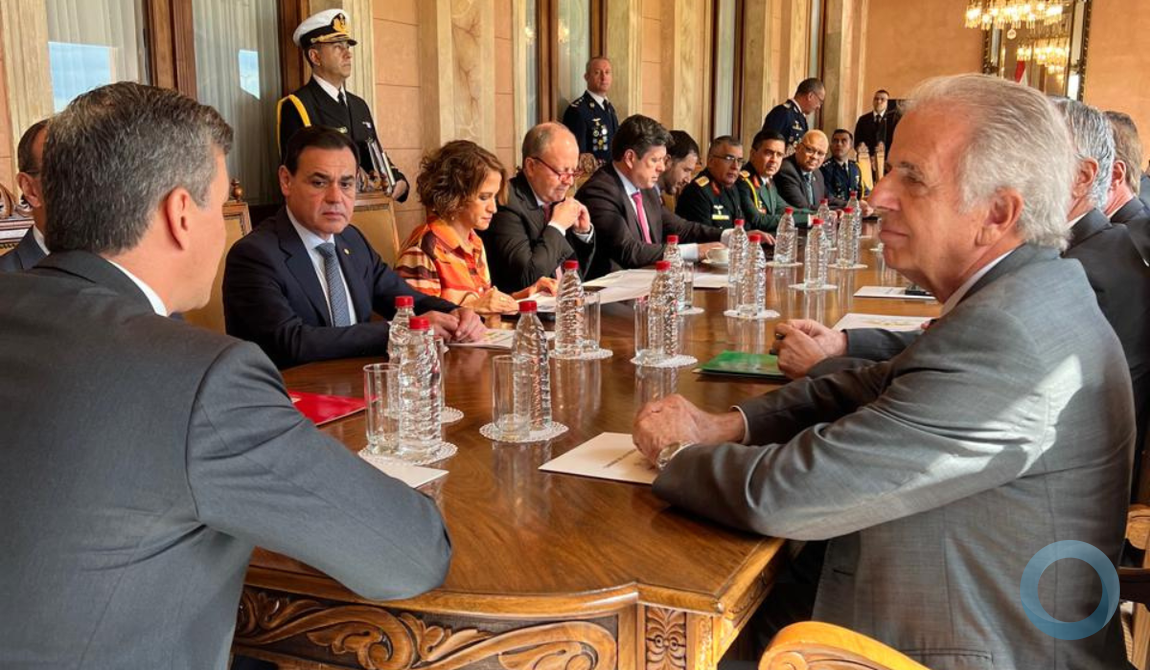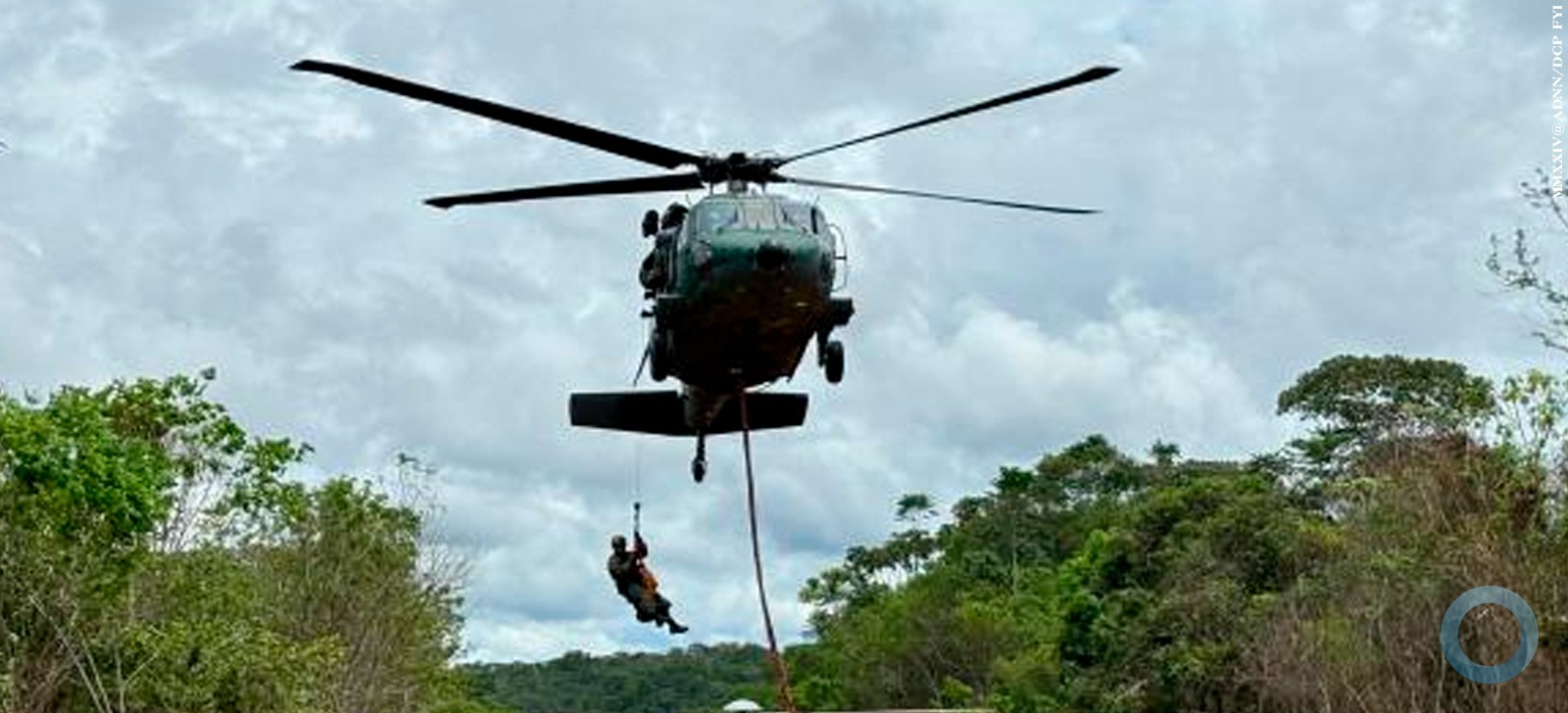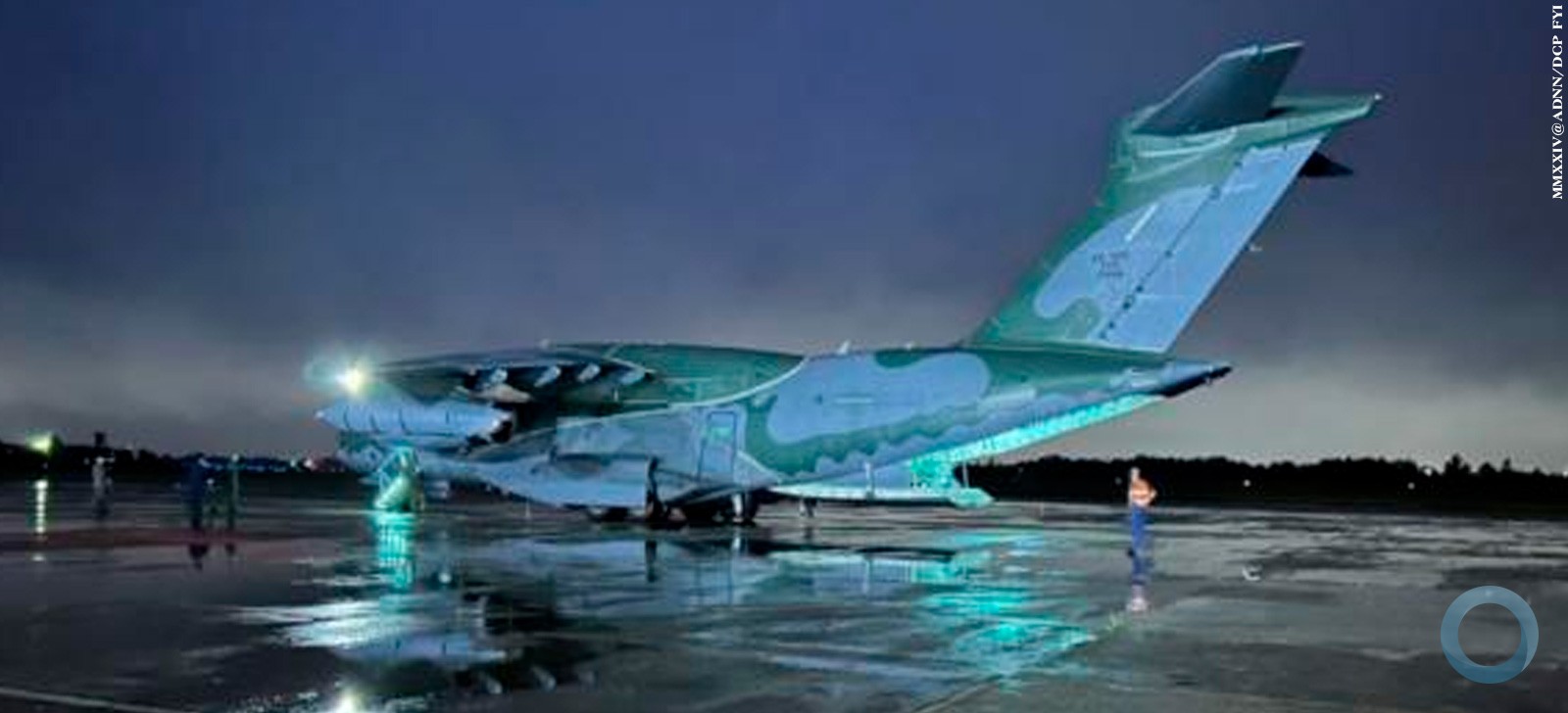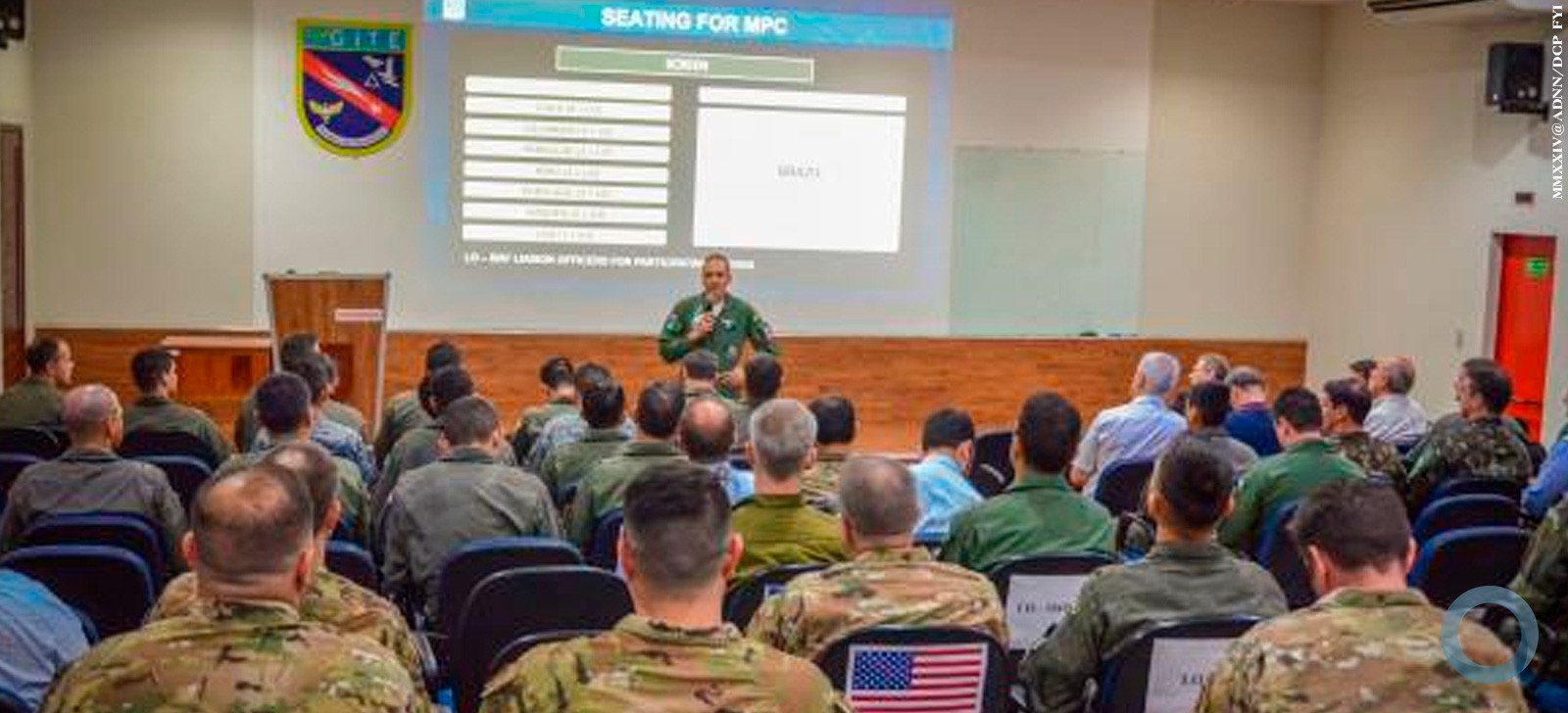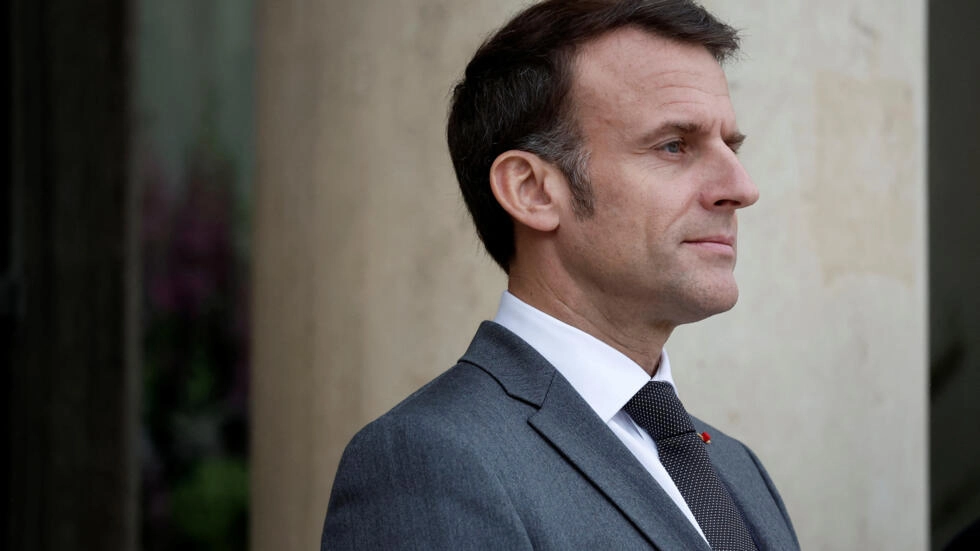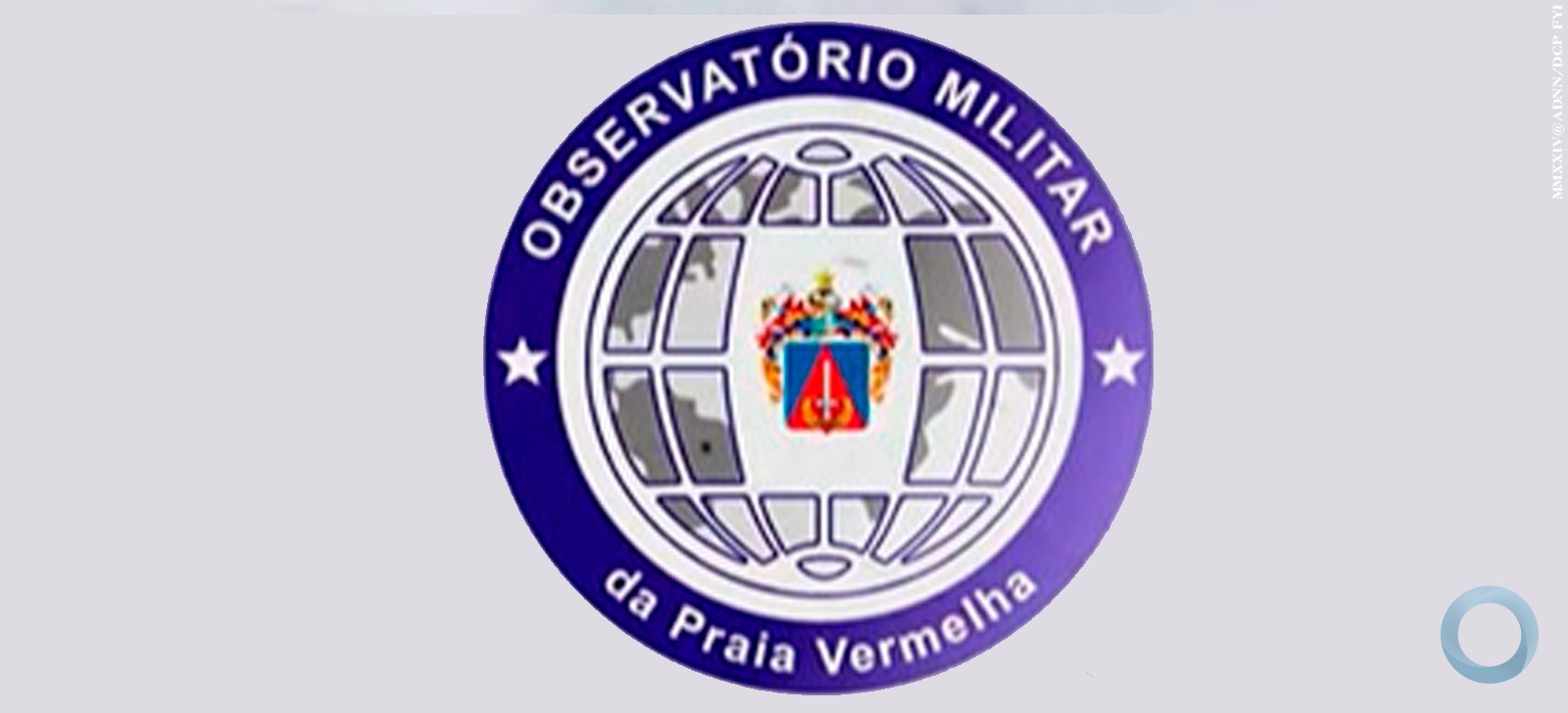Text in portuguese
DCNS vence na Austrália 12 Submarinos U$ 38,5 Bi Link
The Editor
Text STRATFOR
Even in the lucrative world of the arms trade, it isn't every day that a sale worth more than $38.54 billion is made. Australian Prime Minister Malcolm Turnbull announced Tuesday the winner of Australia's Future Submarine contract. DCNS, a French industrial group that specializes in naval equipment, bested rival Japanese and German companies, forcing them to learn the bitter lessons of a lost contest.
The Future Submarine Program is the most expensive defense procurement project in Australian history. The search for the next submarine type to replace the unreliable Collins-class began in 2007, with much debate over concept details and intended capabilities.
The procurement phase of the project entered the final stretch in February 2015 with a competitive evaluation process. Japanese, German and French maritime industries competed for a contract to build and deliver 12 submarines in all, with the winner announced today. Beyond the economics of the arms trade, however, the project is directly linked to the ambitions of several countries, particularly Australia and Japan.
The Australian navy is not especially big — it is not even among the top five largest in Asia. Nevertheless, Australia's isolated location and need to secure its far-flung supply lines drives Canberra to operate ocean-going vessels, especially large, long-endurance submarines capable of operating in various bodies of water and oceanographic conditions.
For a navy to have such extended reach, it usually requires nuclear submarines. But Australia lacks a domestic nuclear industry, so it has had to pursue a diesel-electric powered fleet. Australian domestic politics, moreover, played a part in defining the arms competition, thanks to recent laws that require intensive domestic shipyard participation as a precondition of arms tenders.
For the competing Japanese, German and French industries, understanding these particular Australian requirements was a key element of the process. More important, though, securing the major contract boosts sales of submarines at a time when Japan, Germany, France and other countries are seeking to take advantage of a growing market by investing in undersea arms production.
Japan entered the race with solid advantages. Their Soryu class on offer is already in service and is a proven design. The Soryu is also one of the largest non-nuclear submarines in the world, ideal for Australia's requirements. Japan and Australia also want to enhance their strategic, political and military ties, especially in the Asia-Pacific region, where many countries are wary of China's improving naval capabilities.
A sale of the Soryu class would have cemented the relationship. However, Tokyo is relatively new to the arms export business and is only now starting to learn the necessary process. The Japanese lack of awareness when it came to courting local Australian shipyards showed, which likely damaged their chances of success.
Conversely, the German TKMS and French DCNS companies were already well versed in the mechanics of arms sales. Their bids included deep engagement with Australian shipyards, with the promise of local production from the start. But while the Type 214 submarine offered by Germany is a reliable design, DCNS offered a diesel-electric variant of its Barracuda class nuclear submarine, matching Australian requirements for a sturdy vessel without the associated nuclear propulsion.
The French company's victory could be key in helping it secure contracts with other countries in the region, such as India, that seek bigger submarines. Still, Germany's submarine export business is unlikely to suffer extensively: TKMS has a strong production record, as success in longstanding sales show.
Japan had hoped that winning the Australian contract would expedite Tokyo's ascension in the arms export business. Its ambitions have taken a heavy blow, a reminder to the Japanese defense industry of the considerable sales work associated with preparing for future tenders. Nevertheless, things will continue to operate as normal — without significant foreign orders, continuing the trend of the last few decades — while Japan waits for more opportunities to compete for lucrative deals overseas. More important, the increasingly close relationship between Tokyo and Canberra, aided by the United States, is unlikely to suffer because of one lost arms competition.
Related Material
Australian government created a website specially for Program Australia´s Future Submarine : SEA1000 Link
News on PROSUB Program Special Coverage PROSUB link






